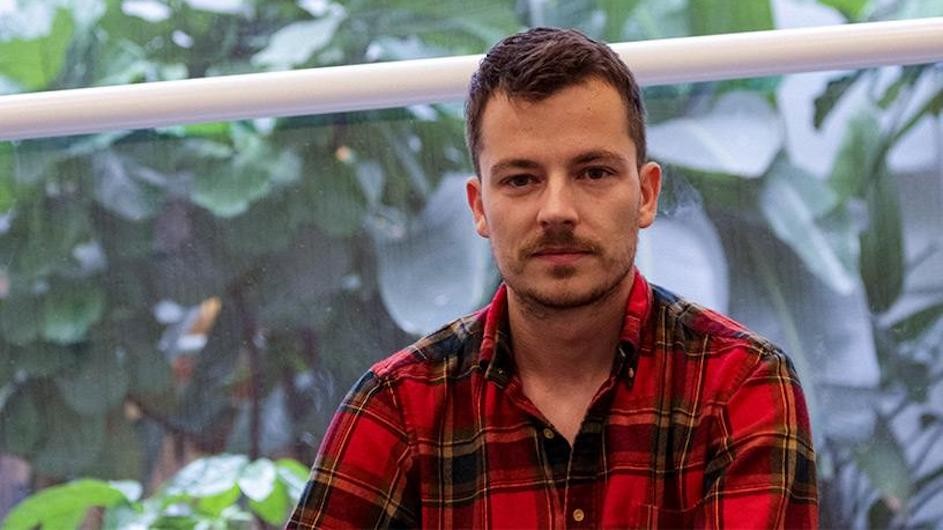Mijo Simunovic, assistant professor of chemical engineering, has been named a 2023 Pew Scholar in the Biomedical Sciences. Simunovic, who is also affiliated with the Department of Genetics and Development at Columbia University Irving Medical Center and a member of the Columbia Stem Cell Initiative, is focused on advancing ways researchers model human organ development in a lab.
Their work, which uses tissue engineering and gene editing, builds on recent breakthroughs in stem cell engineering of 3D tissues that have enabled researchers to recreate aspects of human organ formation on a dish. Simunovic was among the first to use pluripotent stem cells to create experimental models of post-implantation development, helping shape a new field of stem cell research, and learning more about early mammalian development, a process that is extremely challenging to observe and quantify.
Simunovic’s long-term goal is to elucidate the fundamental biology of the early mammalian embryo and in doing so, engineer systems that more realistically replicate organs and tissues, a major challenge in regenerative medicine. Efforts in this field could make lab-grown replacement organs a reality one day.
Simunovic is one of 22 early-career, junior faculty researchers selected by the Pew Charitable Trusts this year to join the Pew Scholars Program in the Biomedical Sciences. Their project will explore the intricate interplay between cellular forces and gene regulatory networks in early development. By creating stem cell models that mimic certain features of embryogenesis, the project aims to illuminate the obscure mechanism of embryonic symmetry breaking and the newly appreciated role of mechanical forces in placenta formation. The findings could shed new light on the fundamental biology of embryo implantation, hopefully leading to a better understanding of obstetrical complications and pregnancy loss.
The Pew Program awards these young scientists with four years of funding to spearhead innovative studies exploring human health and medicine. The 2023 class joins a rich legacy of the more than 1,000 scientists who have received awards from Pew since 1985. Current scholars have opportunities to meet annually with fellow Pew-funded scientists to exchange ideas and forge connections across a wide variety of disciplines.
“From vaccine development to treatments for complex diseases, biomedical research is foundational to solving some of the world’s greatest health challenges,” said Susan K. Urahn, Pew’s president and CEO. “Pew is thrilled to welcome this new class of researchers and support their efforts to advance scientific knowledge and improve human health.”
Simonovic also recently won an award from the Schaefer Research Scholars Program. They join four other scientists at Columbia University Vagelos College of Physicians and Surgeons to receive the prestigious prize for their project, "Modeling embryogenesis with stem cells: a new frontier in studying human development." In 2021, they received the NIH Director’s New Innovator Award, a top honor given to support exceptionally creative early-career faculty to pursue high-risk, high-reward research of considerable interest to human health.

